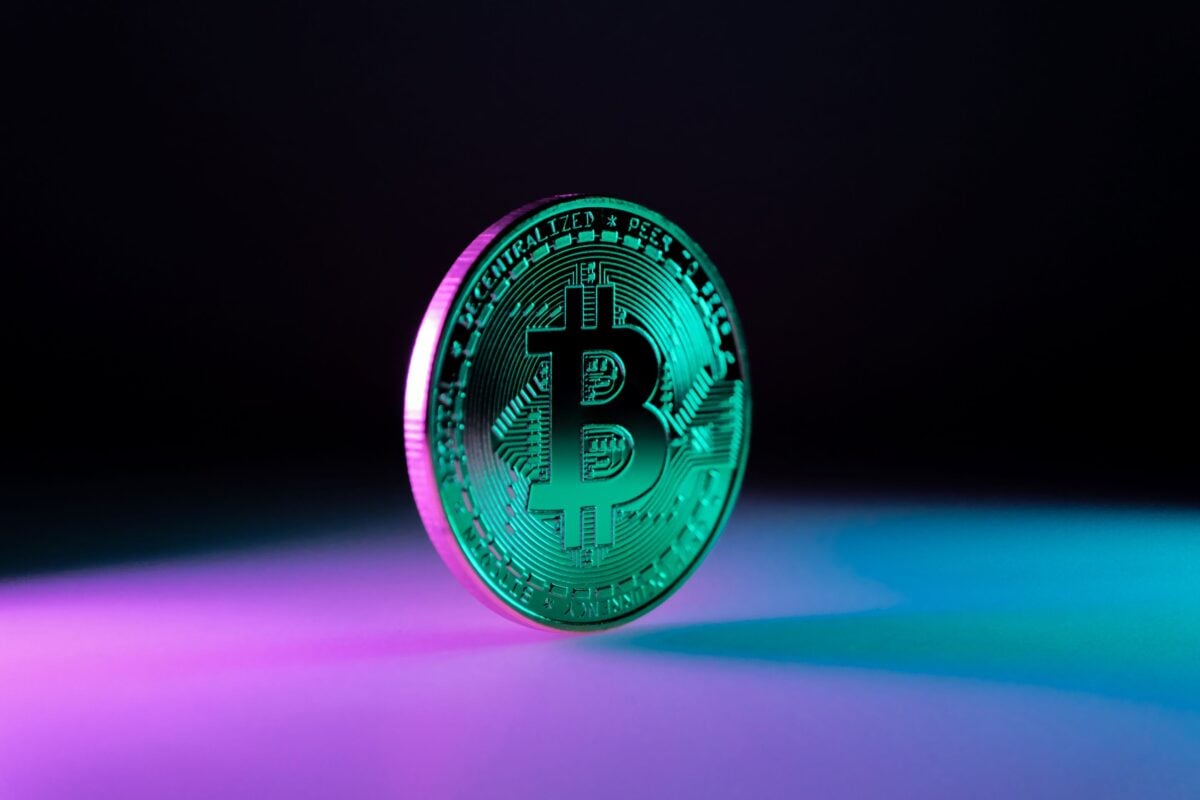TLDR
- Indonesia is considering adding Bitcoin to its national reserves after recent discussions with Bitcoin Indonesia.
- The Vice President’s office explored using Bitcoin mining as a potential reserve mechanism during the meeting.
- Officials showed interest in further education on Bitcoin to support informed policy decisions.
- Bitcoin Indonesia presented global economic trends and shared strategic resources with government representatives.
- The talks connected Bitcoin’s future value with Indonesia’s 100th independence anniversary in 2045.
Indonesia has taken initial steps toward exploring Bitcoin for sovereign reserve diversification following high-level discussions between officials and Bitcoin advocates. The Vice President’s office recently met with Bitcoin Indonesia, Asia’s largest Bitcoin community, to evaluate its potential economic role. Although no formal policy emerged, the meeting marked a significant development in Indonesia’s strategic view on digital assets.
Officials reportedly examined Bitcoin’s relevance in strengthening economic resilience while considering its use as a future national reserve component. Participants also proposed Bitcoin mining as a reserve mechanism, connecting energy investment with digital asset accumulation. The discussions reflected growing interest among state representatives in exploring alternative reserve strategies beyond gold and foreign currency.
Bitcoin Indonesia facilitated the meeting by presenting macroeconomic insights and sharing relevant educational materials with the Vice President’s team. The group focused on explaining how Bitcoin can offer long-term financial stability in volatile global conditions. Officials from the Vice President’s office expressed interest in further public education to deepen understanding.
Bitcoin Discussions Reflect Shifting Reserve Strategies
Indonesia’s reserve system currently depends on gold, U.S. dollars, and sovereign bonds as core components. Integrating Bitcoin into this mix would introduce a digital asset into the nation’s strategic holdings. This shift would align Indonesia with a growing list of countries evaluating cryptocurrency at the sovereign level.
BIG NEWS: 🇮🇩 Indonesia is exploring Bitcoin as a national reserve.
We were invited to the Vice President’s office to present how Bitcoin could benefit the country.
What we discussed could shape the future of Indonesia’s economic strategy. 🧵👇 pic.twitter.com/QGKgGRRgEU
— Bitcoin Indonesia (@bitcoinindo21) August 5, 2025
In the meeting, Bitcoin Indonesia presented literature, including The Bitcoin Standard, and forecasts like Michael Saylor’s projection for Bitcoin in 2045. The timeline matches Indonesia’s centennial independence celebration, which reportedly caught the attention of senior officials. These symbolic parallels appear to influence national interest in long-term digital asset integration.
Additionally, officials discussed how global reserve portfolios are changing due to inflation and geopolitical tensions. Bitcoin was positioned as a decentralized asset that may offer diversification benefits in periods of monetary instability. The presentation emphasized how sovereign adoption could begin with mining or small-scale holdings without disrupting existing reserve frameworks.
Bitcoin Gains Global Momentum Amid Sovereign Adoption
Indonesia’s exploration of Bitcoin mirrors recent developments in countries such as El Salvador, Bhutan, and Kazakhstan. El Salvador currently holds over 6,000 Bitcoin and uses it alongside the U.S. dollar in government reserves. Bhutan, since 2020, has built one of the world’s largest Bitcoin reserves through domestic mining projects.
Kazakhstan is reviewing a national investment plan that may include Bitcoin ETFs and blockchain-based companies to diversify holdings. Central bank leaders in these countries recognize digital assets as a new category in macroeconomic planning. As inflation rises globally, Bitcoin adoption is gaining visibility among governments seeking reserve flexibility.
In March 2025, the United States launched a Strategic Bitcoin Reserve holding nearly 200,000 Bitcoin valued at $17.5 billion. The U.S. government stated it would retain and possibly expand this reserve to reinforce national financial strategy. These moves place pressure on other economies, including Indonesia, to assess digital reserves proactively.
Policy Developments and Tax Reforms Signal Broader Crypto Engagement
Indonesia recently revised its crypto tax policy, increasing transaction taxes while exempting some purchases from value-added tax. Domestic trades now incur a 0.21% tax, while overseas trades are taxed at 1% starting August 1. Bitcoin mining faces a 2.2% VAT and income taxes from 2026.
These changes followed a sharp increase in crypto activity, with 650 trillion rupiah traded across 2024. This level of market participation highlights the need for national-level policies and possible asset integration. Officials aim to balance regulatory oversight with innovation and strategic reserve planning.
While no formal reserve policy has been issued, Bitcoin Indonesia remains engaged in supporting public education and government outreach. The organization confirmed its commitment to sharing resources and facilitating discussions without promoting speculation.






